India is one of the world’s largest automobile markets, producing millions of waste tyres every year. With over thousands of tyres discarded on a daily basis, the issue of disposal has become a serious environmental and health challenge. Unlike organic waste, tyres are non-biodegradable and can pollute soil, air, and water if not handled responsibly.
To address this issue, the tyre recycling plant in India has emerged as a profitable and sustainable business model. Recycling old and scrap tyres into useful products like pyrolysis oil, carbon black, steel wire, and crumb rubber not only reduces pollution but also supports the circular economy.
Table of Contents
--------------Blog Contact Form-------------
Understanding Tyre Recycling Plant Setup in India
A tyre recycling plant in India converts scrap or old tyres into reusable resources through different processes such as pyrolysis, shredding, or crumb rubber production. Entrepreneurs often choose the plant setup based on:
- Technology (Pyrolysis plants vs. crumb rubber plants)
- Scale (small, medium, or large capacity)
- Investment capacity
- Location and availability of scrap tyres
The waste tyre recycling plant project cost in India starts from Rs 1 crore depending on the type of machinery, land cost, and production capacity.
Many businesses also explore setting up old tyre recycling plants in India by reusing or upgrading second-hand machinery. While this reduces initial investment, compliance with modern environmental norms remains critical.
Why Tyre Recycling is Important in India?
The importance of tyre recycling is growing rapidly due to:
- Environmental Protection: Scrap tyres release toxic chemicals when burnt in the open. Recycling ensures eco-friendly disposal.
- Business Opportunity: Recycled products such as pyrolysis oil and crumb rubber are in high demand across multiple industries.
- Government Policies: Regulations like Extended Producer Responsibility (EPR) mandate tyre recycling, creating consistent supply and demand.
- Job Creation: Establishing a scrap tyre recycling plant in India generates local employment opportunities.
- Resource Recovery: Tyres contain valuable raw materials like steel and rubber that can be reused in industries.
Step-by-Step Guide to Setting Up a Tyre Recycling Plant in India
Setting up a tyre recycling plant is not easy, but when the guidance is proper it becomes one of the easiest way to start a business. The steps to set a tyre recycling plant in India are:
1. Conduct Market Research
Analyze tyre waste availability, competitors, and demand for recycled products. This helps in preparing a strong tyre recycling business plan.
2. Choose the Recycling Technology
- Pyrolysis Method: Converts tyres into pyrolysis oil, carbon black, and steel.
- Crumb Rubber Production: Produces rubber granules for road construction and sports surfaces.
- Shredding and Devulcanization: Used for manufacturing molded rubber products.
3. Calculate Investment and Cost
The tyre recycling plant cost in India depends on:
- Land
- Machinery
- Pollution control equipment
- Working capital for labor, utilities, and raw materials
4. Select Location and Infrastructure
State governments encourage tyre-recycling projects in industrial zones. Some key locations include:
- Tyre Recycling Plant in Ahmedabad & Gujarat: A hub for recycling due to strong industrial base.
- Tyre Recycling Plant in Maharashtra: Mumbai and Pune generate high tyre waste.
- Tyre Recycling Plant in Haryana: Proximity to Delhi NCR ensures raw material availability.
- Tyre Recycling Plant in Karnataka: Demand is rising due to industrial development in Bengaluru.
- Tyre Recycling Plant in Odisha: Emerging opportunities due to growing infrastructure projects.
- Tyre Recycling Plant in Uttar Pradesh: High population and large automobile sector make it a potential market.
5. Obtain Licenses and Approvals
- Company Registration (Private Limited, LLP, or Proprietorship)
- Factory License under Factories Act
- Consent to Establish (CTE) and Consent to Operate (CTO) from State Pollution Control Board (SPCB)
- Hazardous Waste Management Authorization
- EPR Authorization from CPCB
- Fire Safety NOC and building plan approval
6. Purchase Machinery and Hire Workforce
A rubber tyre recycling plant in India requires:
- Tyre cutting and shredding machines
- Pyrolysis reactor
- Condenser and gas recovery system
- Carbon black handling unit
- Steel wire separator
- Pollution control systems
Workforce should include machine operators, environmental engineers, and safety officers.
7. Ensure Environmental Compliance
Install advanced filters and scrubbers to reduce air emissions. Maintain proper disposal of hazardous waste. Regular audits ensure compliance with CPCB and SPCB guidelines.
8. Start Operations and Marketing
Build partnerships with tyre dealers, automobile workshops, and transport companies for steady raw material supply. Market recycled products to industries such as cement, construction, and manufacturing.
Future of Tyre Recycling Plant in India
The tyre recycling industry is expected to grow exponentially due to:
- Rising Tyre Waste: Increasing vehicle ownership will create more demand for recycling.
- Government Push for Circular Economy: Policies encourage businesses to invest in eco-friendly recycling technologies.
- Export Opportunities: Products like crumb rubber and pyrolysis oil have high demand abroad.
- Innovation: Advanced recycling technologies such as devulcanization and energy-efficient pyrolysis will become mainstream.
- Regional Expansion: States like Gujarat, Maharashtra, and Uttar Pradesh are emerging as key hubs for large-scale tyre recycling plants.
Top tyre recycling plant manufacturers in India are also upgrading their technologies to make recycling more cost-effective and compliant with international standards.
Conclusion
Setting up a tyre recycling plant in India in 2025 is one of the most promising opportunities in the waste management sector. With rising demand for recycled rubber, supportive government policies, and growing awareness about environmental sustainability, entrepreneurs can benefit from this industry while contributing to a greener future.
Whether it is a tyre recycling plant in Ahmedabad, Gujarat, Maharashtra, Haryana, Karnataka, Odisha, or Uttar Pradesh, the business potential is strong across all major states. By choosing the right tyre recycling plant manufacturer in India, securing licenses, and adopting eco-friendly technology, businesses can turn waste tyres into profitable resources and play a vital role in India’s sustainable development.
FAQ`s
The minimum cost to set up a tyre recycling plant in India is around Rs 1 Crore, depending on the plant size, machinery, location, and technology used. Large-scale plants may require higher investments.
Yes, tyre recycling is profitable in India. The growing demand for recycled rubber, pyrolysis oil, steel, and carbon black makes it a sustainable and high-return business opportunity.
The cost of setting up a waste recycling plant in India starts from Rs 1 Crore and can go much higher depending on the type of waste, technology adopted, and scale of operations.
Among all recycling businesses, tyre recycling, e-waste recycling, and plastic recycling are some of the most profitable due to high demand, government support, and increasing environmental regulations.
Setting up a tyre recycling unit in India requires a minimum investment of Rs 1 Crore. Operational costs depend on plant capacity, manpower, and raw material availability.
The byproducts of tyre pyrolysis include pyrolysis oil, carbon black, steel wire, and syngas. These have industrial applications in energy, construction, and manufacturing sectors.
This portion of the site is for informational purposes only. The content is not legal advice. The statements and opinions are the expression of author, not corpseed, and have not been evaluated by corpseed for accuracy, completeness, or changes in the law.
BOOK A FREE CONSULTATION
Get help from an experienced legal adviser. Schedule your consultation at a time that works for you and it's absolutely FREE.
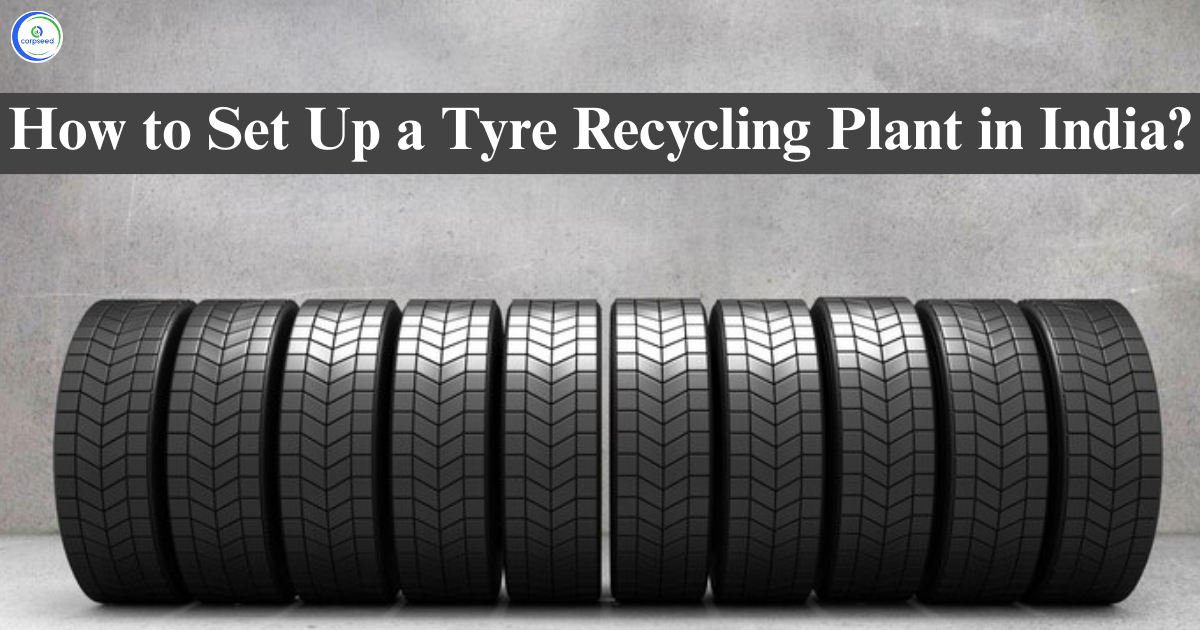

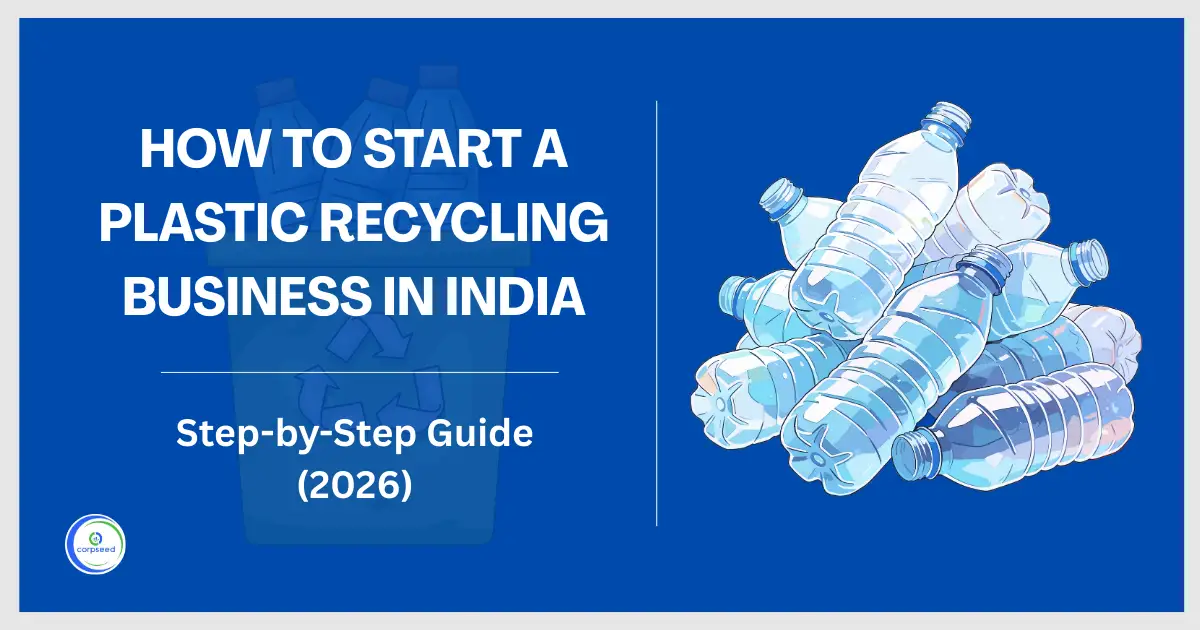
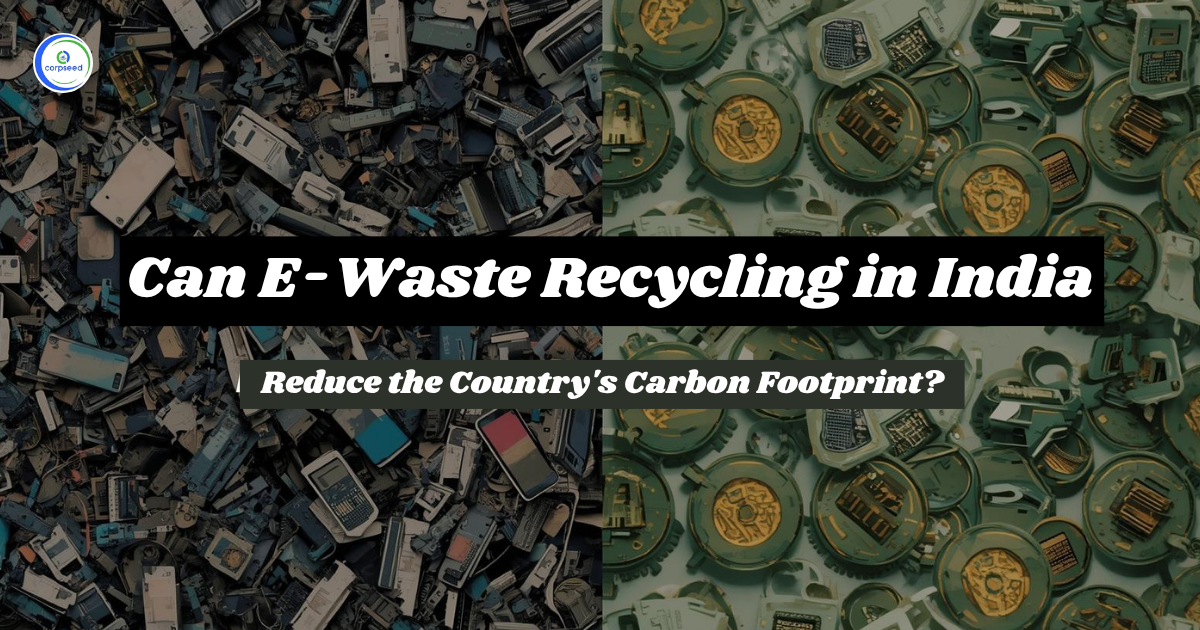
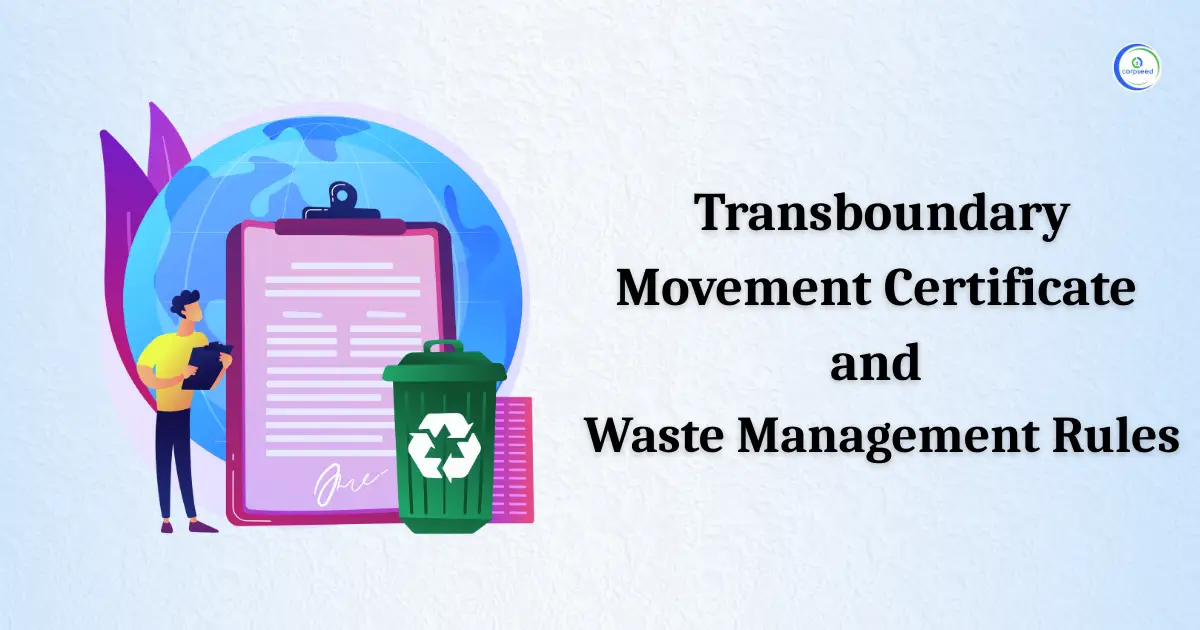
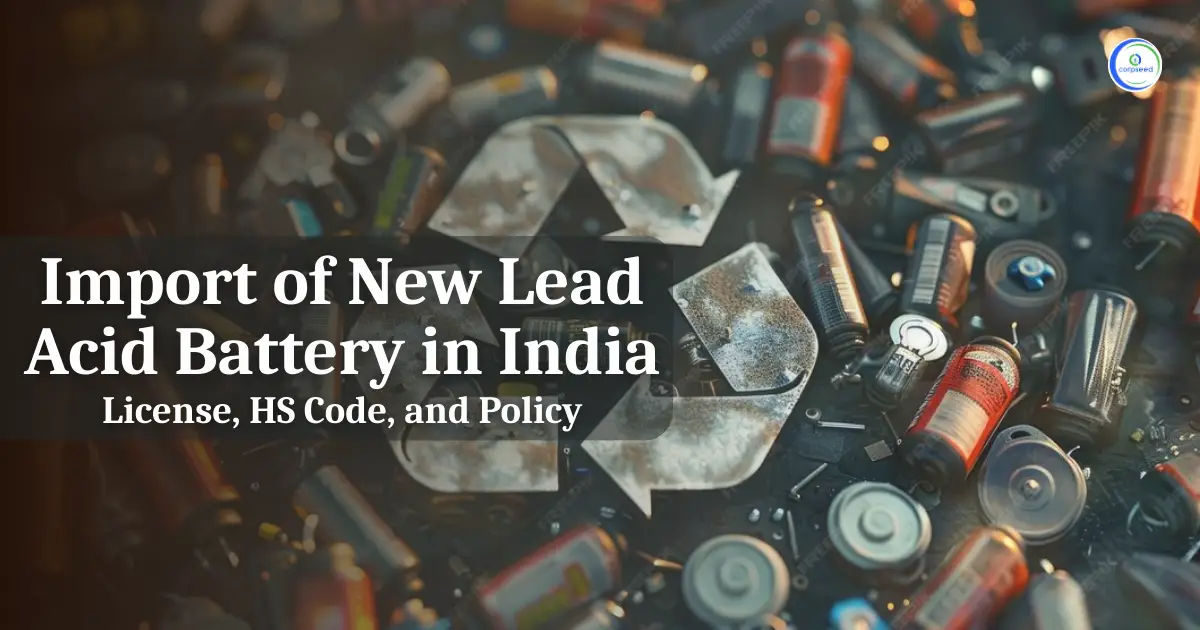

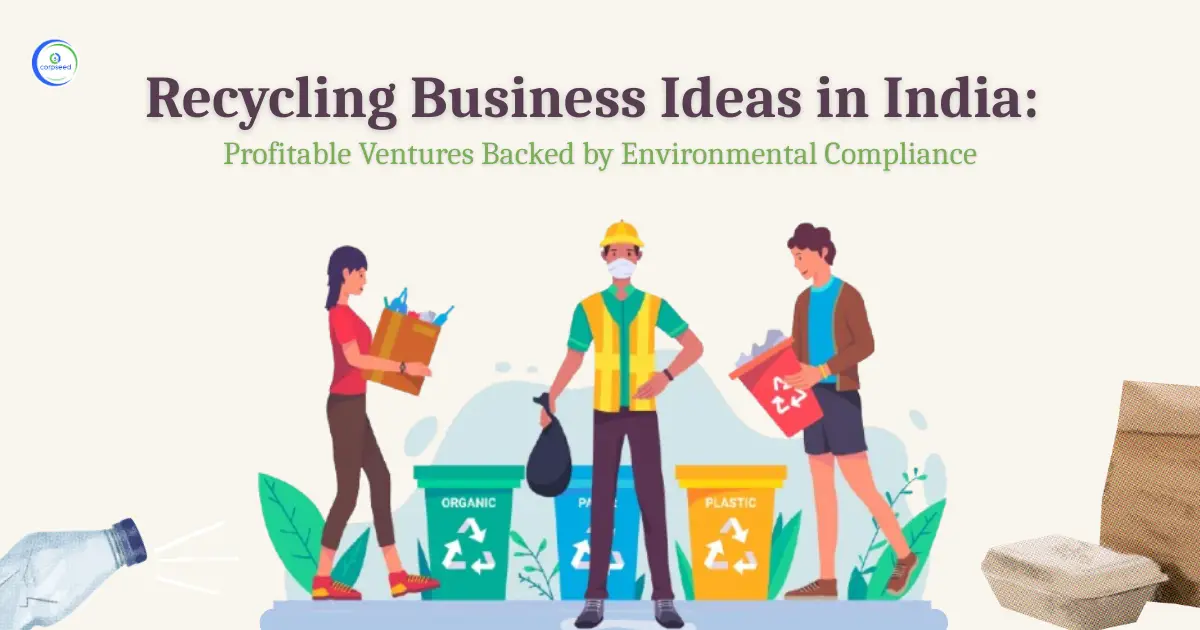
.webp)
